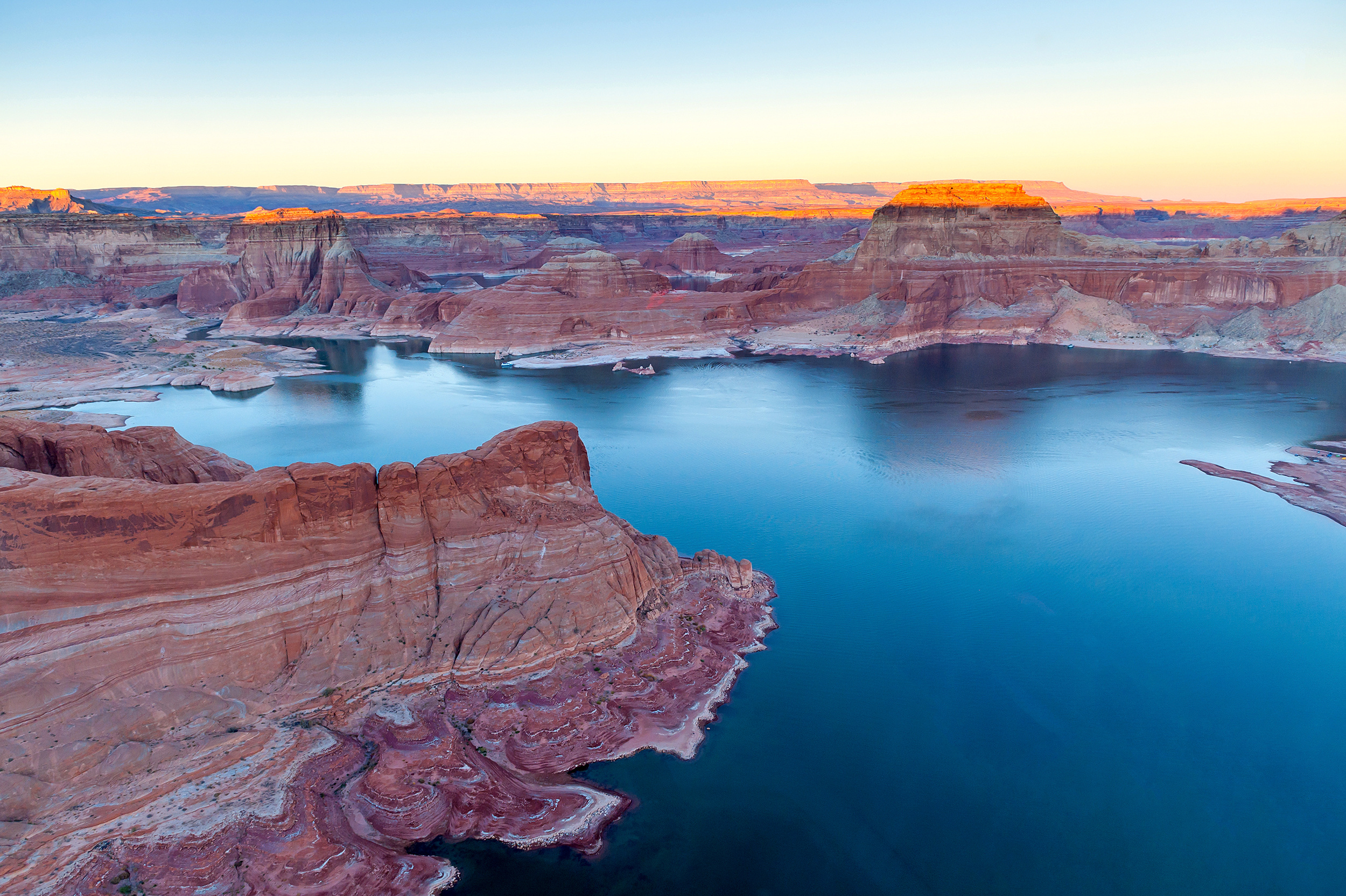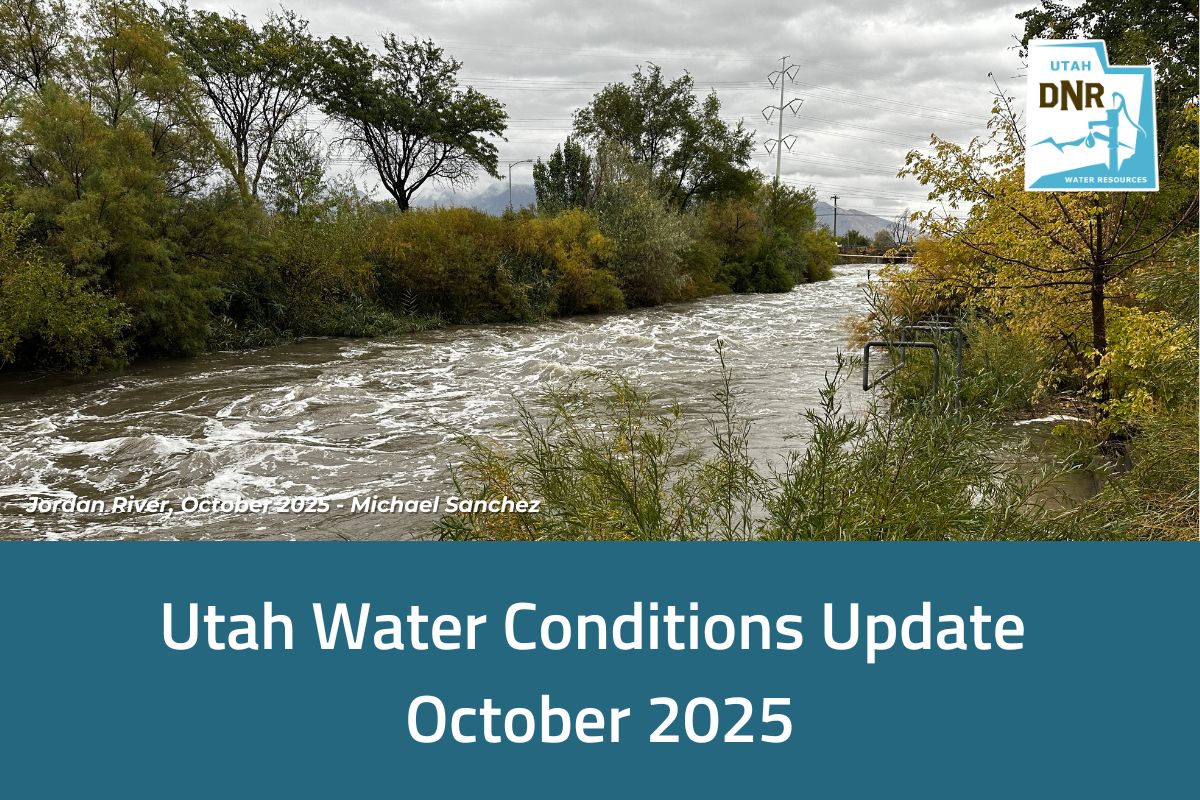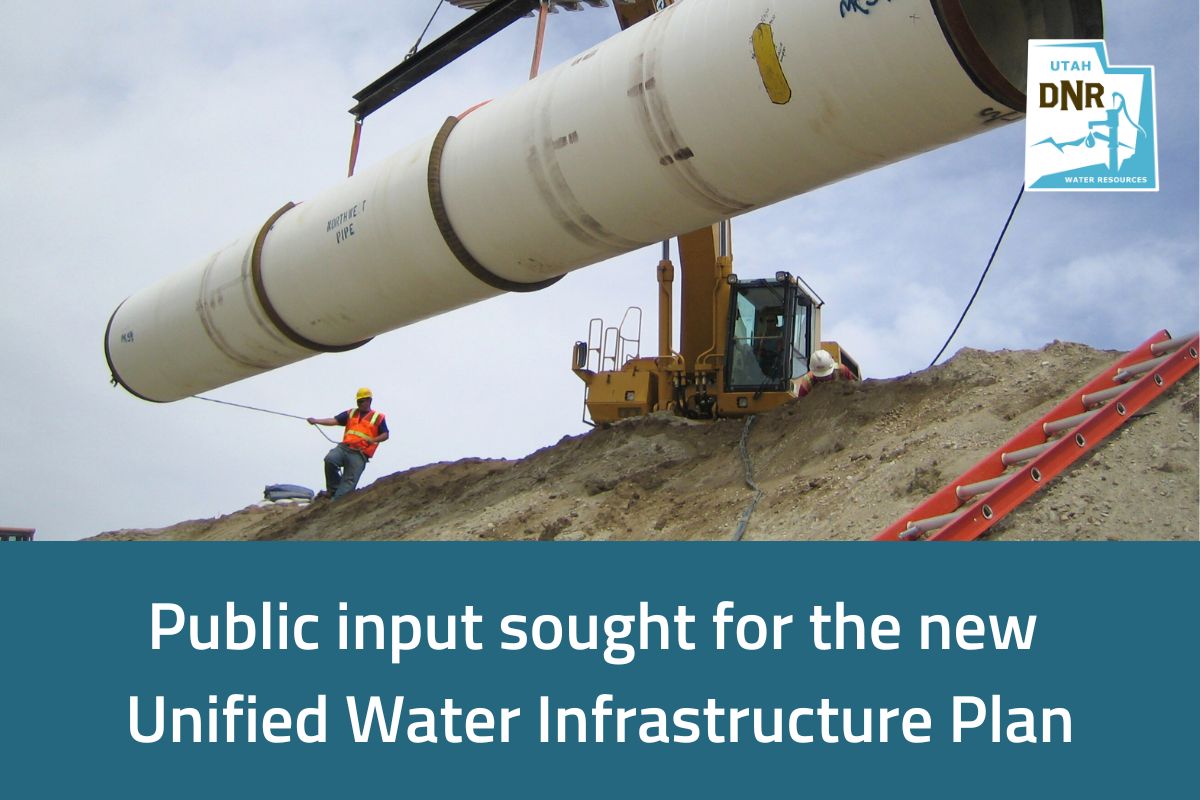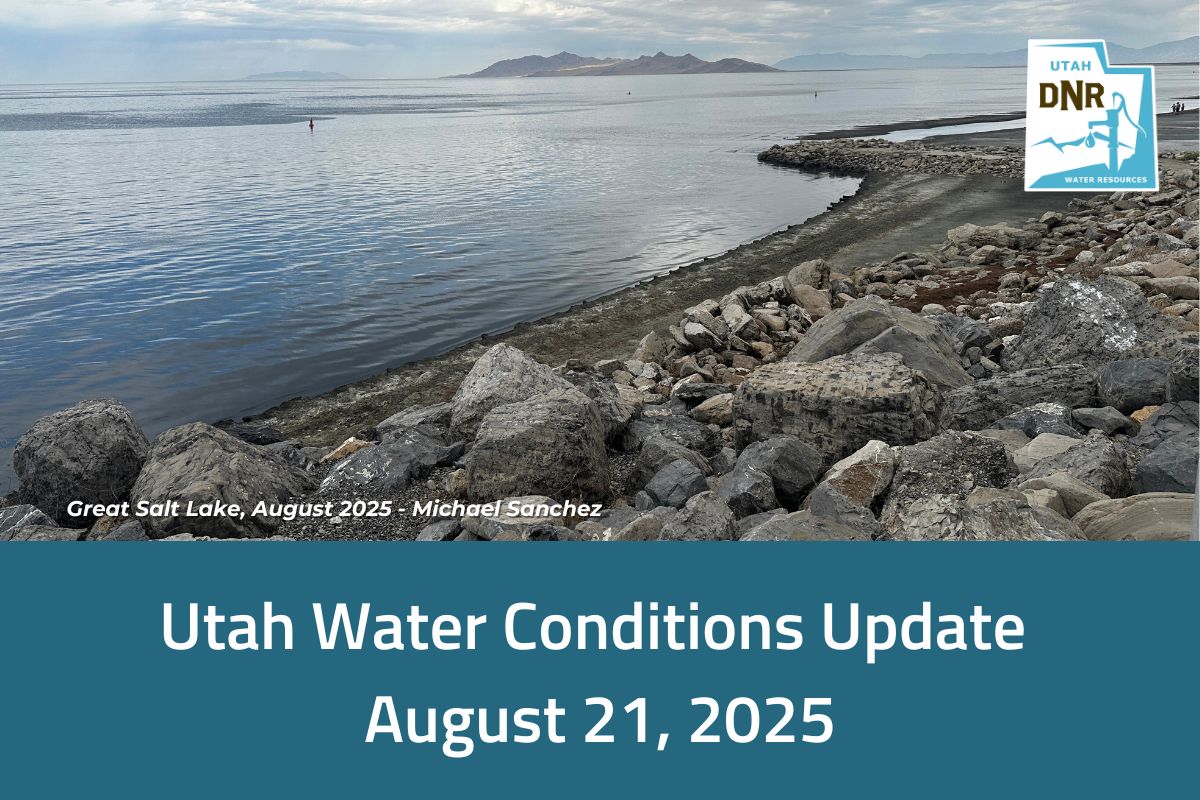The Utah Board of Water Resources (UBWR) is simplifying the Lake Powell Pipeline (LPP) project by eliminating two reservoirs proposed to generate hydropower at times of peak demand. The modifications will reduce project costs more than $100 million, align with regulatory changes and reduce environmental impacts. LPP will still be able to produce hydropower using inline facilities.
“The primary purpose of the LPP is to diversify and increase the water supply for 13 communities in southwestern Utah. Focusing on the water delivery portion of the project streamlines the permitting process and helps move the project forward as efficiently as possible,” said Eric Millis, director of the Utah Division of Water Resources.
UBWR is currently working on the federal permitting activities associated with the construction of the LPP, including requirements under the National Environmental Policy Act (NEPA). The Federal Energy Regulatory Commission (FERC) has been the lead federal agency for the NEPA process. However, FERC suggested UBWR consider using the hydropower conduit exemption expanded by Congress in 2018. This eliminates the commission’s license requirement for the LPP given each of the project’s inline facilities will produce less than 40 megawatts of power.
UBWR has requested that the U.S. Department of the Interior (DOI) lead the effort for completing the Environmental Impact Statement. It’s anticipated that the timeline and steps required to complete NEPA under the DOI are comparable to the current schedule.
Project changes also align with recommendations to reduce environmental impacts as suggested by the U.S. Environmental Protection Agency, U.S. Army Corps of Engineers and the U.S. Fish and Wildlife Service. The removal of the reservoirs will eliminate impacts on several hundred acres of land that includes habitat for the desert tortoise and reduce potential impacts to waters of the U.S.
About the Lake Powell Pipeline
The Lake Powell Pipeline (LPP) is part of a comprehensive, long-term water supply plan for southern Utah that includes new resource development and increased water conservation. The LPP will annually transport up to 86,249 acre feet of water from Lake Powell through an approximately 140-mile buried pipeline to Washington and Kane counties. Visit LPPUtah.org for more information.
Contacts
Phone and on-camera interviews available. Coordinate with:
Marcie Larson
Utah Division of Water Resources
Phone: 801-641-0986
marcielarson@utah.gov
Karry Rathje
Washington County Water Conservancy District
Phone: 435-673-3617
karry@wcwcd.org
Changes to LPP will reduce costs News Release 9-25-19 (pdf)
Audio of September 25, 2019, Board Meeting can be found on https://utah.gov/pmn/sitemap/




